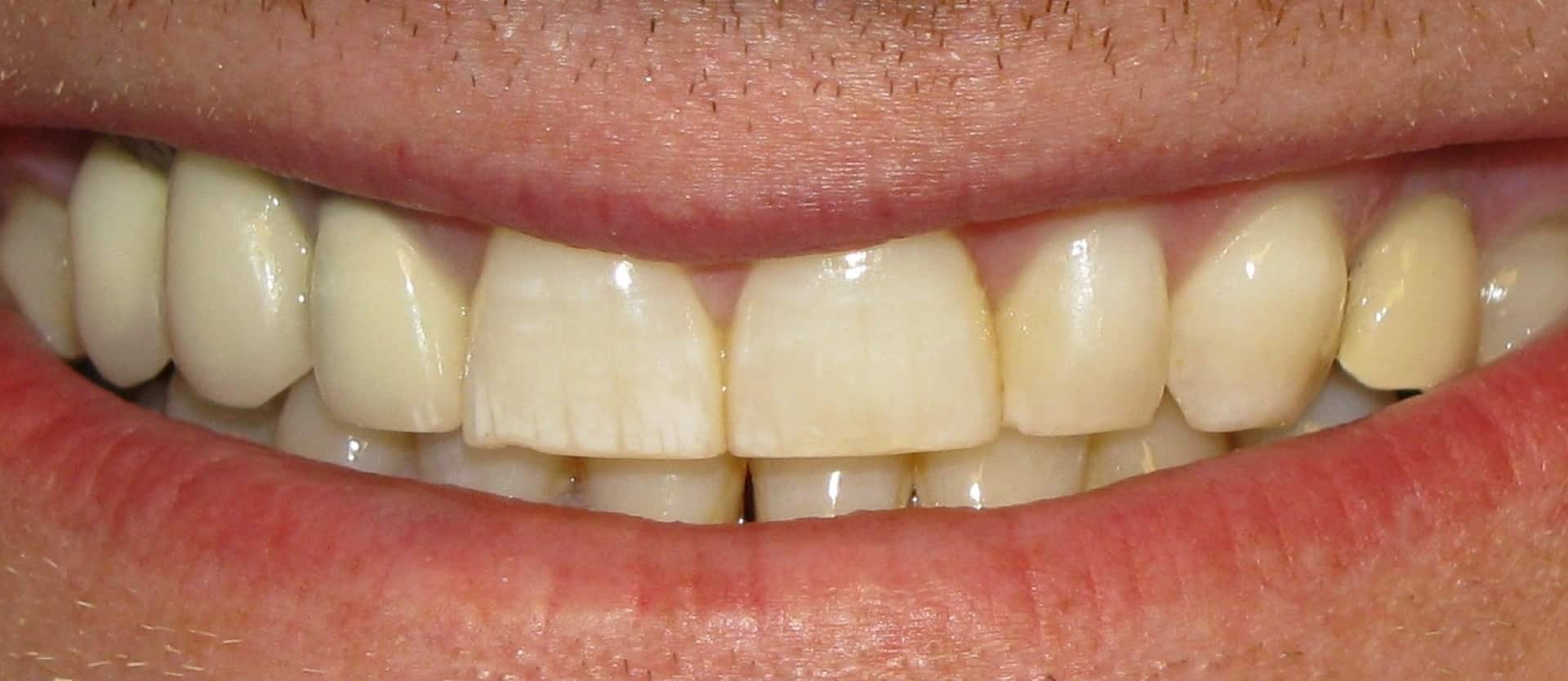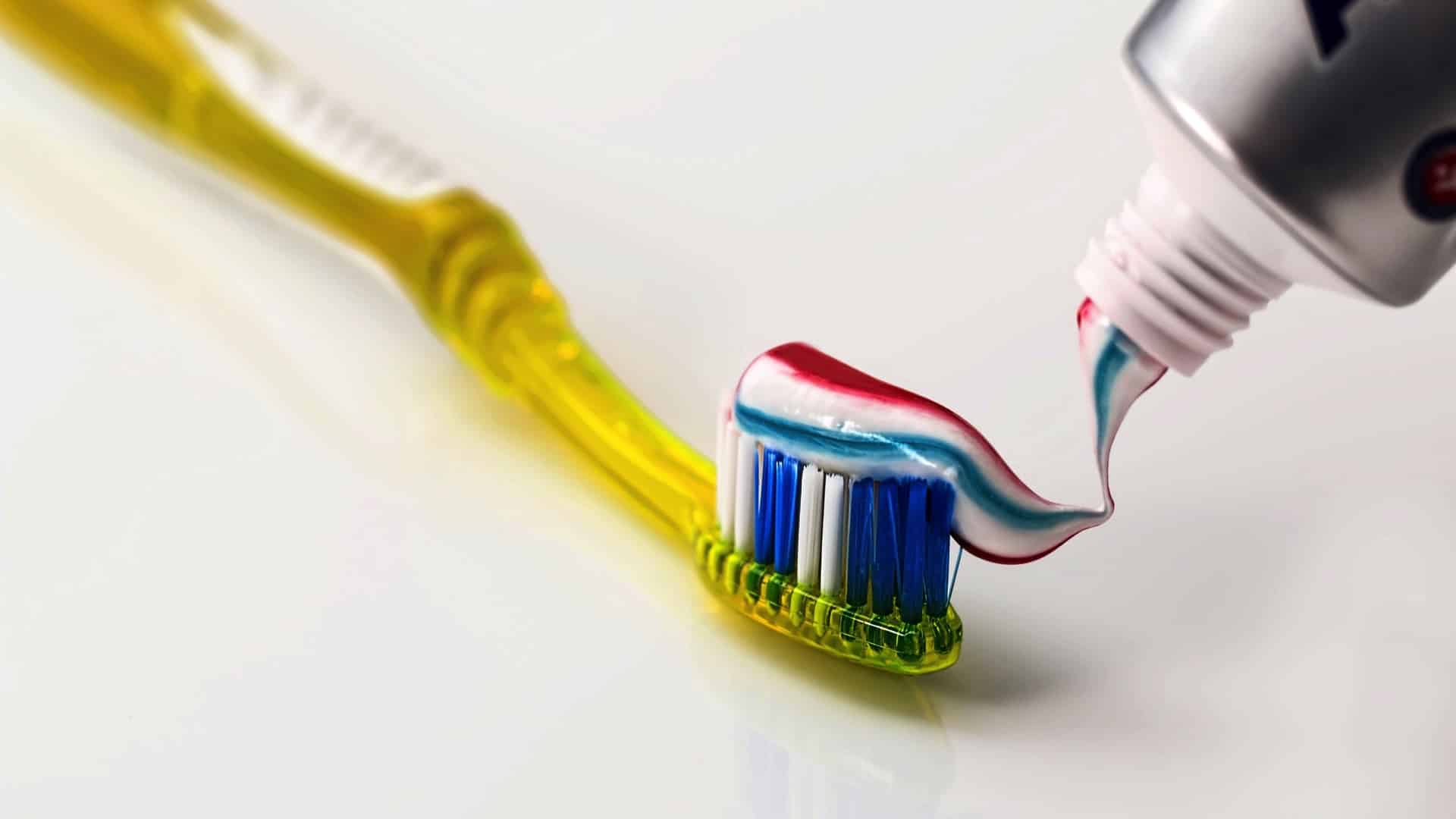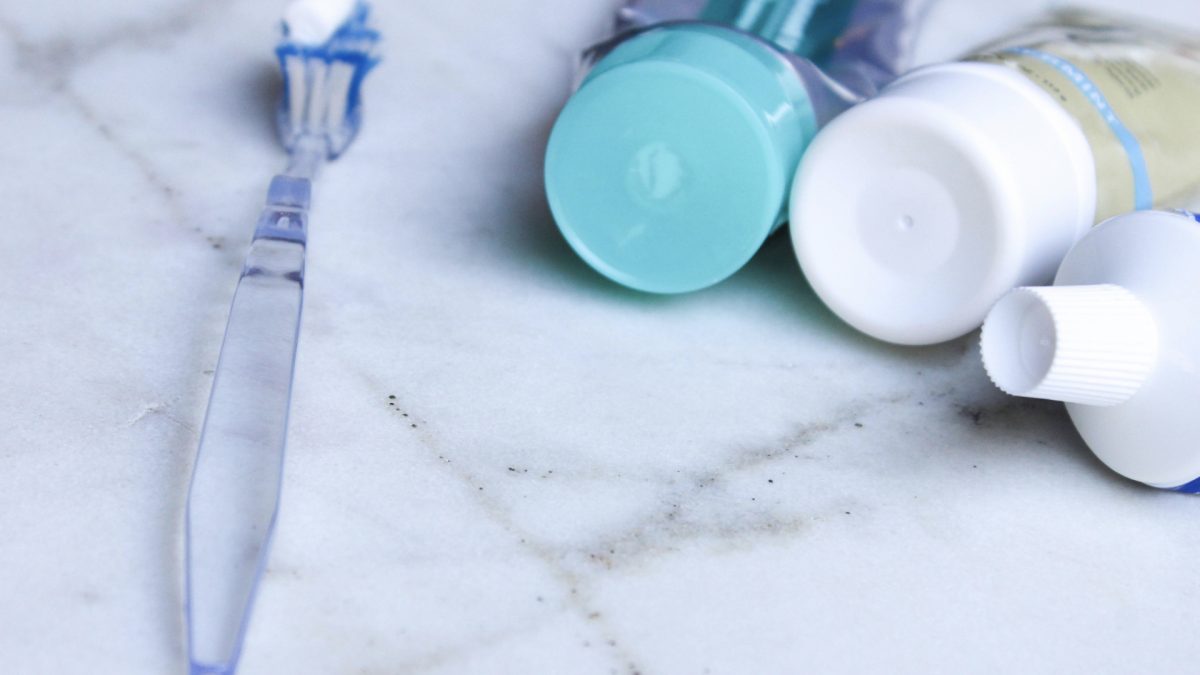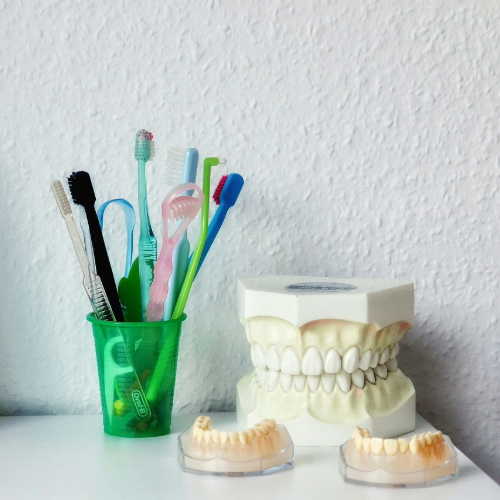
Fluoride
What are the impacts of adding fluoride to our toothpaste? Our drinking water?
What Is Fluoride?
A naturally occurring mineral in our teeth and bones, fluoride can also be found in the soil, air, water, rocks, and plants.
One of Our Most Prevalent Diseases
Dental cavities may be humanity’s most prevalent disease, affecting 35 percent of the global population. The average number of decayed, missing, and filled teeth has been estimated at more than two—by age 12. In the United States, the oral health of our elderly may also be in a state of decay, with one-fourth of older people missing all their teeth, and sugar consumption is considered the one and only cause of cavities. Other factors—bacteria, plaque, saliva, brushing, and flossing—appear to have only mitigating influences.
We would get the greatest benefit from eliminating our intake of free sugars—that is, added sugars, not those sugars naturally found in breast milk or the intrinsic sugars found in fruit. There does not seem to be a threshold for added sugar intake below which there are no adverse effects. Indeed, an exponential increase in cavity rates for sugar intakes even starting as low as 1 percent.
Fluoride in Our Toothpaste
We can also benefit our teeth every time we brush with a fluoride-containing toothpaste. Fluoride is thought to protect teeth by improving the intrinsic stability of the mineral structure of dental enamel. A recent meta-analysis of nearly 100 randomized controlled trials of fluoride toothpaste involving more than 10,000 people found “high-certainty” evidence that toothpaste containing the typical amount of fluoride reduces tooth decay significantly more than non-fluoride toothpaste in both children and adults.
Fluoride in Our Water
Adding fluoride to drinking water is more controversial. Growing evidence about the adverse effects of fluoride on brain development led to the National Toxicology Program’s draft conclusion that fluoride should now be “presumed to be a cognitive neurodevelopmental hazard to humans.” Out of an abundance of caution, pregnant and breastfeeding women may want to avoid fluoridated water.
Anti-Fluoridationists vs. Pro-Fluoridationists
Ironically, it was the anti-fluoridationists who were accused of their “anti-scientific” attitudes, but now it’s the pro-fluoridationists who may be ignoring evidence that doesn’t conform to their beliefs. How can society get the cavity-preventing benefits of fluoride without the risks? Since the primary risk arises from systemic absorption, yet the primary benefits arise from topical contact with our enamel, we can safely reap the rewards by using fluoride toothpaste and mouthwashes.
For substantiation of any statements of fact from the peer-reviewed medical literature, please see the associated videos below.
Image Credit: Image by Thomas G. from Pixabay. This image has been modified.
Popular Videos for Fluoride


Antibacterial Toothpaste: Harmful, Helpful, or Harmless?
Is triclosan in Colgate Total toothpaste safe in regards to the nitrate-reducing bacteria on our...
Is CAPB in SLS-Free Toothpaste Any Better?
For those with recurrent canker sores, is it better to use a toothpaste with SLS,...All Videos for Fluoride
-

Medicine’s Response to the Changing Science on Fluoride Safety
How did the medical and dental community react to U.S. regulators’ total 180 over water fluoridation, going from presumptively safe to presumptively dangerous?
-

Why I Changed My Mind on Water Fluoridation
Based on new research, the U.S. Department of Health and Human Services’ National Toxicology Program reached a draft conclusion that fluoride should be “presumed to be a cognitive neurodevelopmental hazard to humans.”
-

Is Water Fluoridation Safe?
There have been more than 50 studies showing an association between higher fluoride exposure and lower IQ, but is it cause-and-effect?
-

Side Effects of Water Fluoridation: Dental Fluorosis
According to the CDC, about a third of American children now have some form of cosmetic defects in their tooth enamel due to fluoride exposure, known as dental fluorosis.
-

Why Is There Fluoride in Water? Is It Effective?
Based on nearly 100 randomized controlled trials, fluoride toothpaste reduces dental cavity rates, but what about just adding fluoride to the water supply?
-

Should We Be Concerned About Aflatoxin?
Is “toxic mold syndrome” a real thing? And, what do we do about toxic mold contamination of food?
-

How to Stop Tooth Decay
If sugar consumption is considered the one and only cause of cavities, how much is too much?
-

Should You Floss Before or After You Brush?
How good is the evidence that flossing is effective, and what have randomized controlled trials shown is the optimal toothbrushing and flossing sequence?
-

Childhood Tea Drinking May Increase Fluorosis Risk
Green tea consumption may help prevent cavities, but excessive consumption among young children may lead to dental fluorosis, due to the natural fluoride content of the plant.
-

Plant-Based Diets: Dental Health
Those eating more sour fruit may risk greater erosion of their tooth enamel (especially if teeth are brushed in a softened state), but there’s a simple solution.
